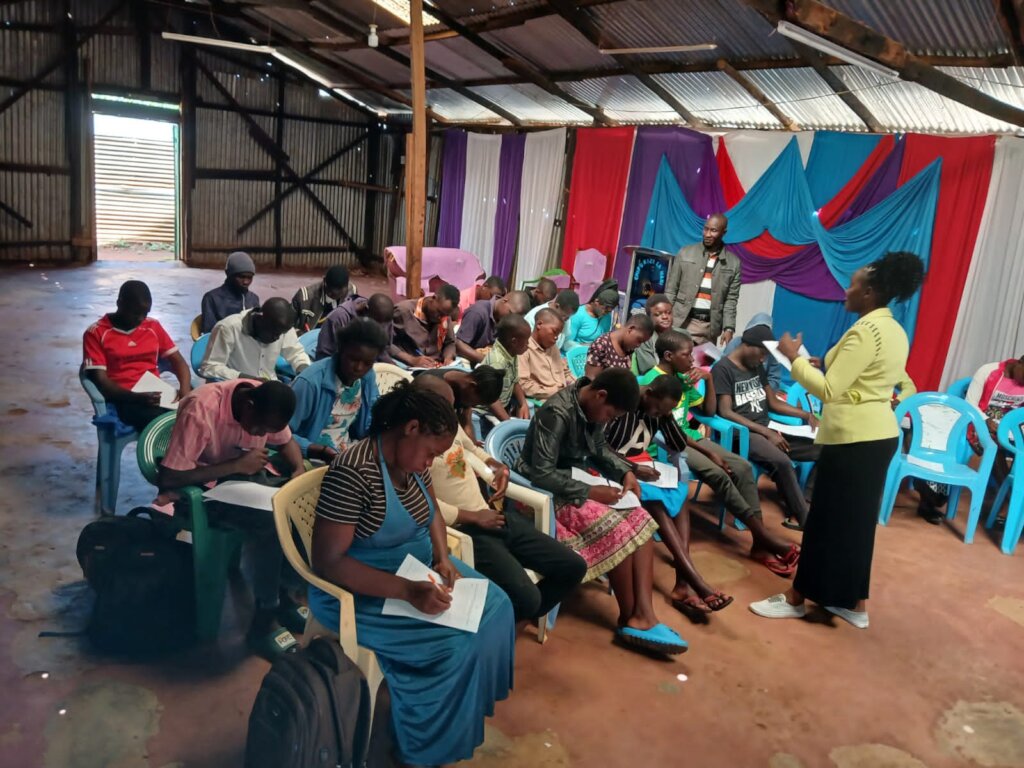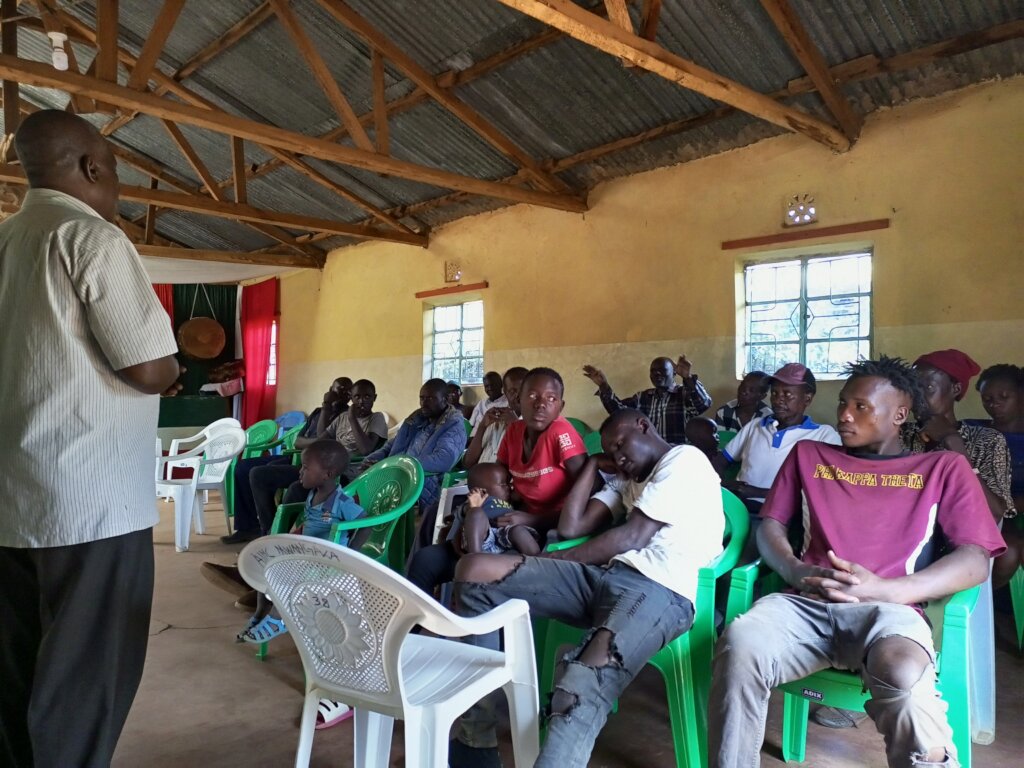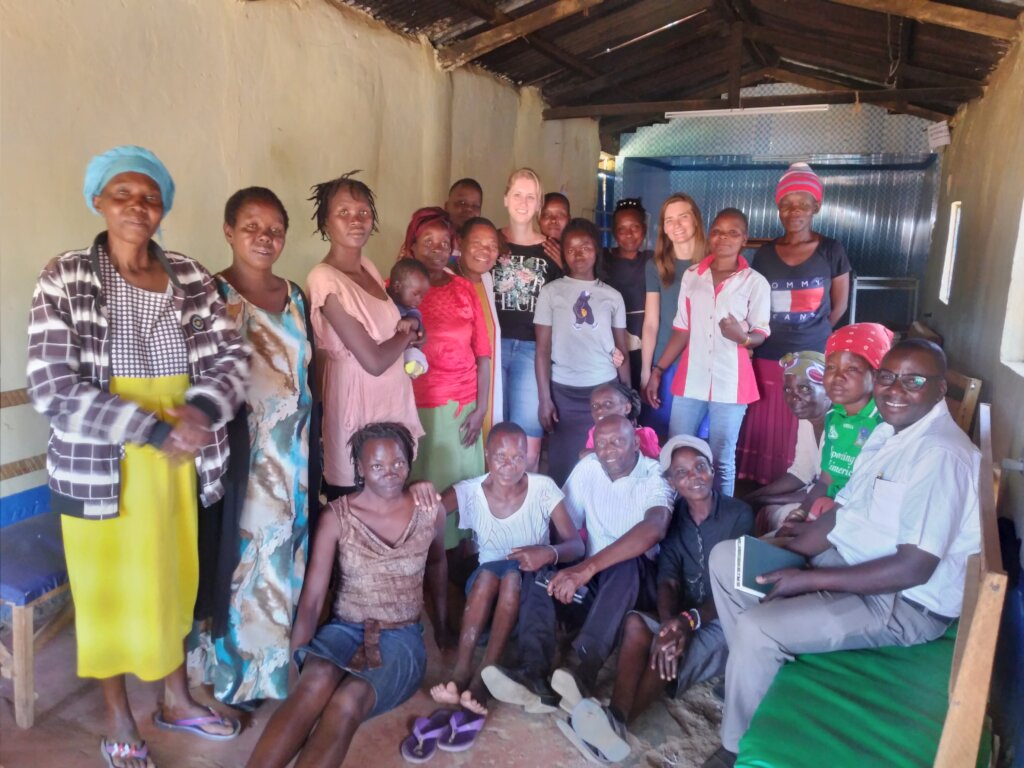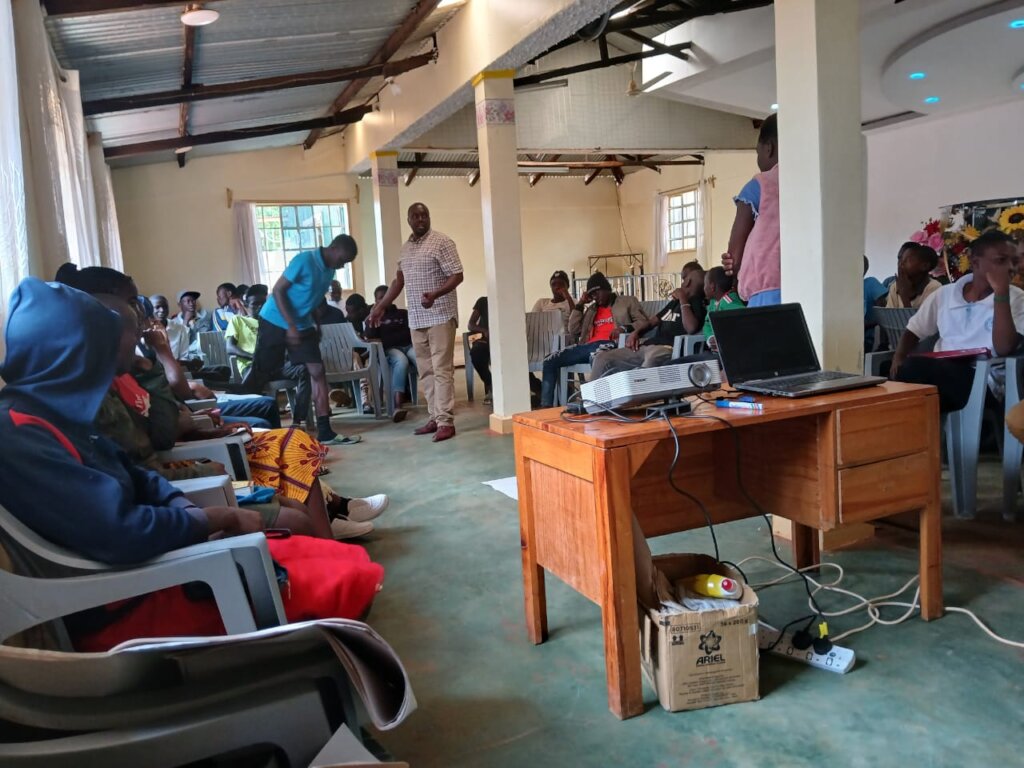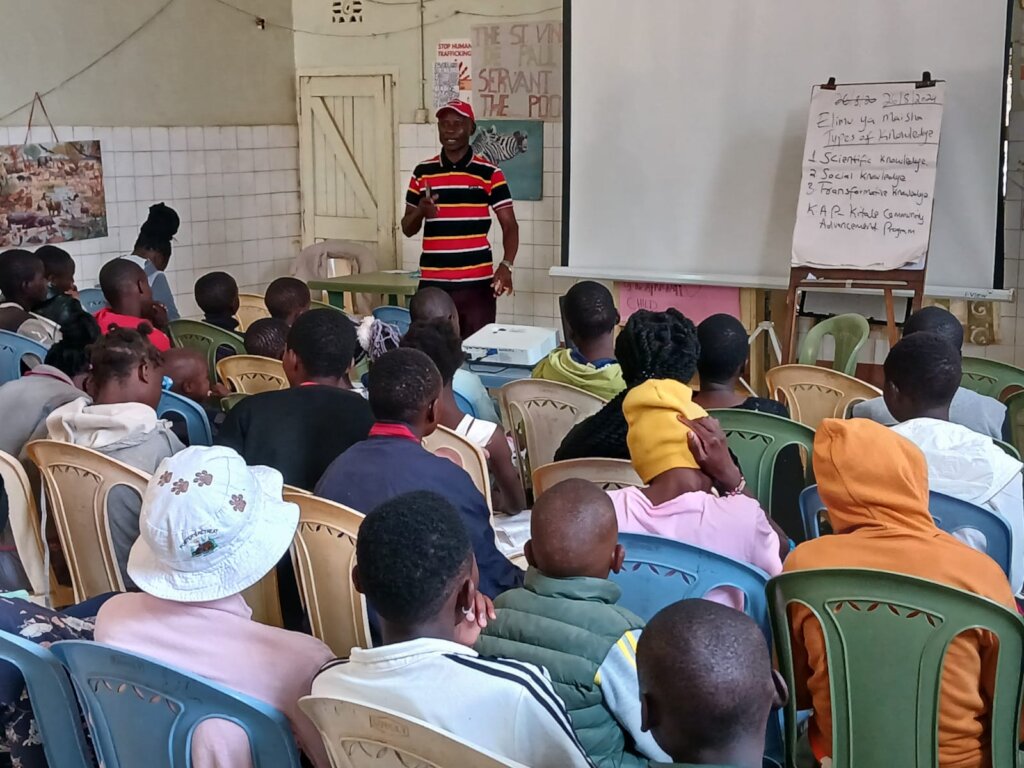By Jacinta van Luijk | KAP Coordinator & Education Officer
Results
As our previous reports have shown our addiction activities show encouraging impact! But it is not easy. The problem is huge, affecting an enormous number of (young) people, stubborn and growing fast. Due to this character of the problem, it will remain an up-hill job. Beyond talking, there are only few practical initiatives taking the bull by its horns.
Its effects are felt in the whole of society - not just in some homes and for some people (which is already bad enough). Education, peace, politics, democracy, the future of young people and children and society are greatly influenced by alcohol and substance abuse.
Addressing it takes much heart and commitment, and also solid knowledge, attitudes and skills, and good programme structures, organisation and capacity.
KAP has tried to build all these components, and continues doing so.
Below a summary of our addiction programme's current state of affairs:
Summary Overview of KAP's Addiction Activities to-date
Method & Target Group
KAP employs the psycho-social 'Steps to Healthy Living' treatment programme, as developed by SAPTA/Nairobi, as well as professional counselling, especially for the materially poor households in slums and rural areas.
Thus KAP aims to treat alcohol & substance abusing/addicted clients, their families & communities in their own community setting, in order to enable them overcome this life-wrecking condition in an affordable way, and live worthy lives.
KAP also offers education & debriefing sessions for its staffs/counsellors & community trainers.
Implementers: Staffs & Recovery Coaches
KAP has 15 Staffs. Amongst these we have four professional counsellors, all registered with/ members of KCPA and the Counsellors & Psychologists Board, in compliance with the Kenyan law, with varying status (three accredited & one associate level, ICCE CAP 1, some SAPTA-educated (diploma addiction counselling), others KAPC (higher) diploma professional counselling), two are also Counsellors/Psychologists Board-licensed, others are in the process towards this. One additional staff member has a certificate in professional counselling (KAPC).
KAP also has 20 active TOTs (community trainers, educated by KAP in its focal themes).
From amongst these about 15 were trained by SAPTA in the Steps method. Nine (9) of them have been selected by KAP to be continuously further trained as Addiction Recovery Coaches. Four (4) have been intensively active as such since 2017, the others joined them from September 2023.
Treatment Schedule Overview
KAP’s current design of its community-based treatment work is as follows:
‘Implementation Tools’:
Monitoring & Evaluation:
From September 2023 onwards: Use of CAGE and AUDIT at baseline, but not yet evaluated: To be done before the end of 2024.
KAP has an MERL team of 3 people, with one (working part-time on ‘external consultant basis) well-conversant with SPSS etc. and training the other KAP staffs.
[1] As requested by donor
ALL THIS WOULD NOT BE POSSIBLE WITHOUT YOUR SUPPORT, FOR WHICH OUR MOST SINCERE THANKS!
NB. Use of Funds:
During this project period - from the 1st May through the 31st August 2024 KAP is grateful to have received Kenya Shillings (KES) 21,654/70.
These funds have been used in combination with those from other donors to strengthen the capacity and licensing of our professional counsellors as well as a small contribution to their salaries in order to make their work possible.
Our attached Financial Report refers.
Project reports on GlobalGiving are posted directly to globalgiving.org by Project Leaders as they are completed, generally every 3-4 months. To protect the integrity of these documents, GlobalGiving does not alter them; therefore you may find some language or formatting issues.
If you donate to this project or have donated to this project, you can receive an email when this project posts a report. You can also subscribe for reports without donating.
Support this important cause by creating a personalized fundraising page.
Start a Fundraiser